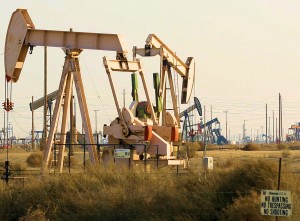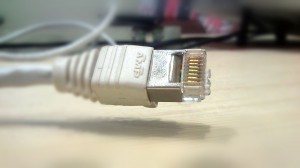
The oil and gas industry has been embracing many advanced digital technologies. Historically, the oil and gas industry has not changed significantly in terms of equipment, data collection and projections; the equipment that is presently in use has been proven to be successful over many decades and there is so much invested within the oil and gas industry that any changes could potentially reduce rather than increase both revenue and safety.
The Digital Oil and Gas Revolution
Digital technologies have offered the oil and gas industry the ability to take advantage of modern, cutting-edge technology without any risk of financial downsides. As noted by Baker Hughes, digital technologies can be used to increase production rates, increase reservoir recovery, increase well performance, reduce downtime and lower operating costs.
Digital technology is presently being used to monitor oil fields and ensure that they remain productive, stable and secure. These digital technologies present no additional or potential complications to the oil field; they do not interfere with the way the equipment work, but merely ensure that everything is working that it should.
Analytic technologies make it easier than ever before for oil and gas companies to make educated decisions regarding their procedures. This increased ability to make knowledgeable decisions is essential as the world becomes determined to make use of increasingly difficult to access or find oil and gas reserves.Digital management can be used to reduce risk, increase safety and even integrate e-commerce directly into the oil industry–something that was previously thought to be unfeasible.
Agile Decisions in a World of Data
Real-time reporting solutions facilitate easy management and fast decisions, which can ultimately make it much easier for companies to react to situations as they arise. In addition to monitoring and sensors, companies are able to use data to predict and remove any potential issues that could arise. Data analysis can be used to identify production bottlenecks and patterns that could reduce profitability, as well as issues that could potentially cause equipment damage or employee hazards.
Data can constantly be used not only to manage the existing operations of a company but also to continually fine tune both productivity and efficiency, as noted by the MIT Technology Review. Data models can be used to test out improvements and obtain accurate projections regarding the potential consequences of the improvements.
IT Management in the Oil and Gas Industry

Apart from utilizing technology to increase the effectiveness of oil and gas procurement strategies, digital technology can also be used for comprehensive IT management. Digital technology makes fixed asset inventory management and product and activity based costing much easier, thereby helping companies reduce their expenses and increase their revenue.
Along with IT solutions, information security also becomes important. Companies moving towards the implementation of new technology and IT infrastructure will need to ensure that their systems remain secured. Securing a digital oilfield involves a complex understanding of the way the data flows and the technology behind the IT infrastructure.
Digital oil fields are undoubtedly the future of the oil and gas industry. Companies interested in maintaining their competitive edge may want to begin fully integrating these new technologies into their oil fields. Increased IT use within the oil and gas industry is making it necessary for companies to invest more in their IT solutions.